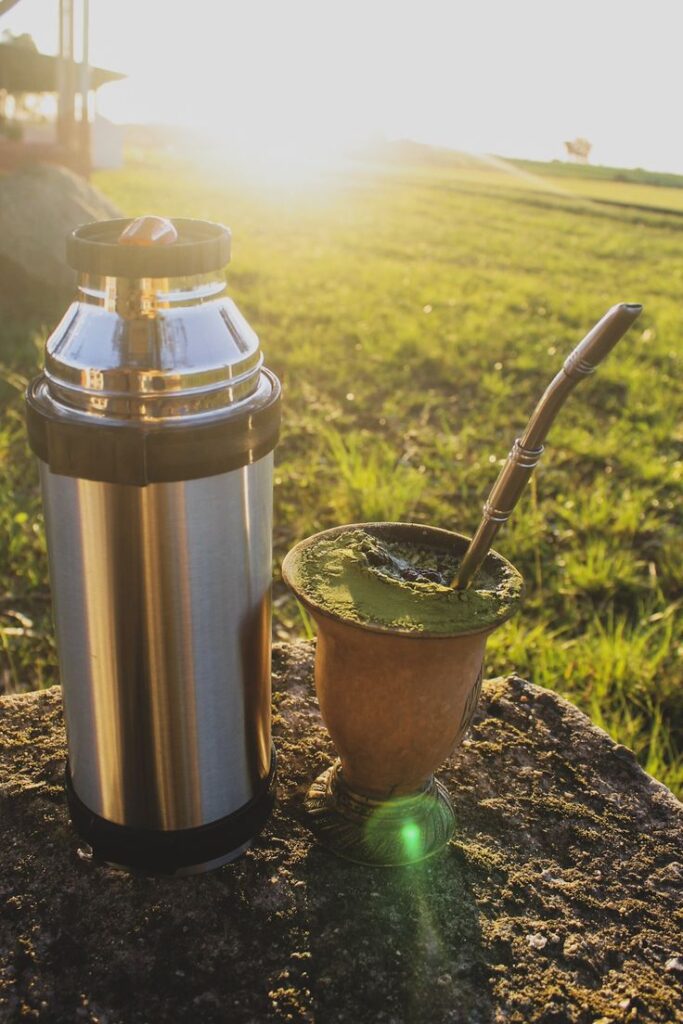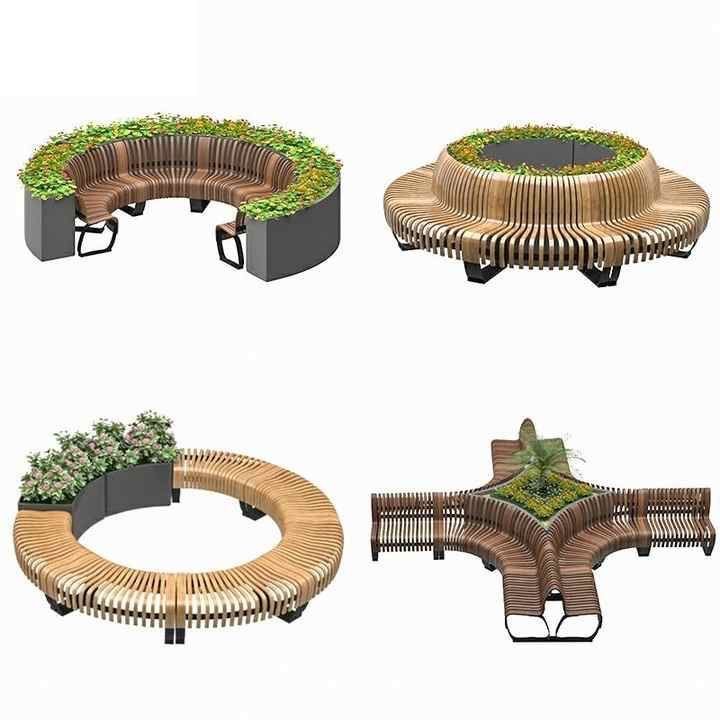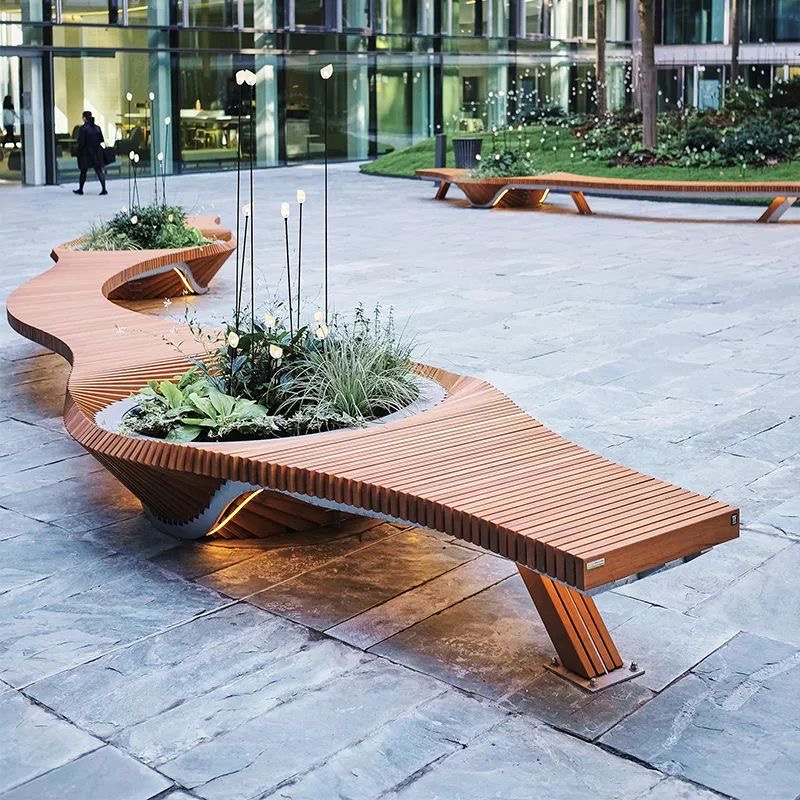Brief Proposal: Family Gathering for Chimarrão at the Park on Sunday Afternoon
It is a tradition among the people of Rio Grande do Sul to gather with family on weekends, especially on Sunday afternoons, to visit parks and plazas. This practice serves as a form of family leisure, enjoying the outdoors, drinking chimarrão, and more. With this in mind, we decided to propose this concept for our briefing.
Target Audience: Families (parents, children, etc.) of all social classes and age groups.
Context:
Visiting parks is an important cultural activity for the people of Rio Grande do Sul, especially those from Porto Alegre. It usually takes place on weekends, particularly on Sundays. This practice is deeply rooted in the local culture for several reasons:
- Connection with nature and chimarrão: This typical drink, enjoyed outdoors, strengthens cultural ties.
- The rural traditions of the gaúcho people: They value nature and contact with green spaces, which influences the habit of going to parks with family.
- Parks serve as gathering places for family and friends to chat, share chimarrão, engage in sports, or simply relax. They are also venues for cultural events, such as fairs and artistic performances.
Chimarrão:
What it is:
A traditional drink from southern Brazil, it has a warm, bitter flavor and is prepared with ground yerba-mate and warm water, served in a cuia (gourd) with a bomba (metal straw).
Origins:
It is a heritage of the Guarani indigenous people, who once inhabited what are now Paraguay and the state of Paraná, Brazil.
The Culture of Chimarrão is one of the most significant symbols representing the identity of the gaúcho people. It is a timeless tradition, symbolizing both personal identity and a social ritual, from the preparation to the act of drinking (usually done in groups, known as a roda de chimarrão). This practice fosters interaction, conversation, and affection among participants, whether they are friends, family, or others.


The climate plays a role since, in addition to having well-defined seasons, it is a local custom to enjoy sunny days during autumn and spring, for example.
European heritage: The people who colonized the state, especially Italians and Germans, brought with them the tradition of valuing public spaces.
Conclusion of the briefing choice: What makes this moment stand out is the family unity and the strengthening of bonds it promotes.
Why this practice is declining among Gaúchos:
- Intensive use of digital technologies, especially among young people, leads them to prefer staying home, consuming online content, or gaming.
- Socialization has become more virtual in recent times due to the widespread use of social media.
- Family routines are increasingly overloaded, reducing the time available for family activities.
- Commercial leisure options, such as clubs and shopping malls, offer more controlled experiences and directly compete with public parks.
- Lack of public incentives and improvements in these spaces contribute to the decline of this practice. Many parks end up abandoned, without benches or comfortable chairs to sit and enjoy chimarrão.
- New generations are less connected to the culture and the outdoors.
What can be done to change this:
- Raise awareness about the importance of outdoor leisure.
- Incentive programs that promote family activities, such as “Sunday in the Park” events with free, accessible activities for children and adults.
- Offer guided activities, like yoga sessions, sports, fairs, or pet adoption events.
- Utilize Positive Design strategies, which aim to promote well-being, happiness, and interpersonal connections through products, services, or experiences. Design environments that foster social interactions and evoke positive emotions.
- Ephemeral architecture can be a strategy to create temporary structures for events, fairs, and artistic installations, with innovative designs, materials, and concepts. This approach emphasizes the use of sustainable, affordable, and adaptable resources that fit the environment’s scale.
- Leverage technology, such as interactive structures that allow public participation, use digital resources, or develop apps that provide information about local flora and fauna, for example.
Our Proposal
To develop chairs that can be installed in parks by the responsible authorities, with the goal of providing gaucho families with a pleasant and attractive environment to enjoy nature and strengthen family bonds.
Thus, the requirements are:
- The chair must encourage social interaction (considering arrangements that allow for a circle formation to drink chimarrão and enjoy the view).
- It must be comfortable and ergonomic (taking into account elderly users, such as grandparents).
- It should offer creative support for chimarrão.
- Comfort is essential, as these outings tend to last a long time (the chairs must be suitable for outdoor parks, meaning they need to be weather-resistant to rain, cold, and high heat).
- It should accommodate an entire family (designed for a family of 4 to 5 members).


The first one is an adequate example; however, the second one is not a good proposal.
